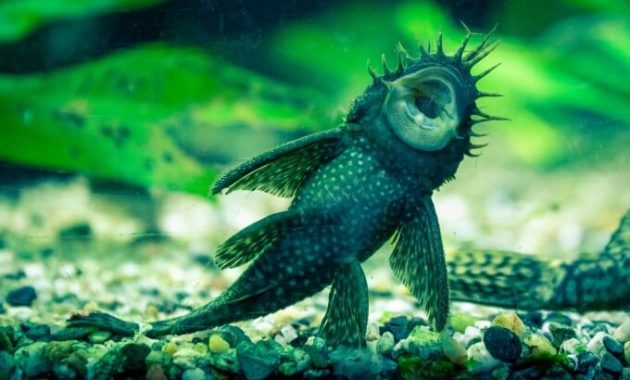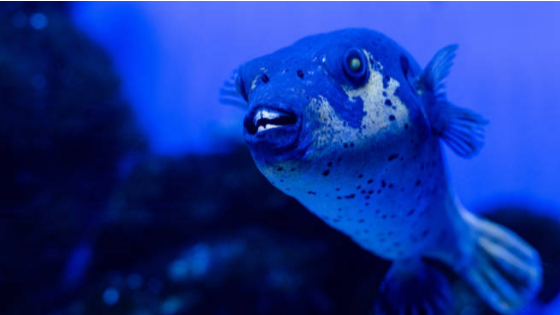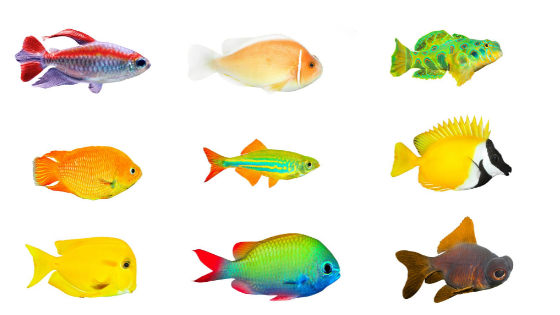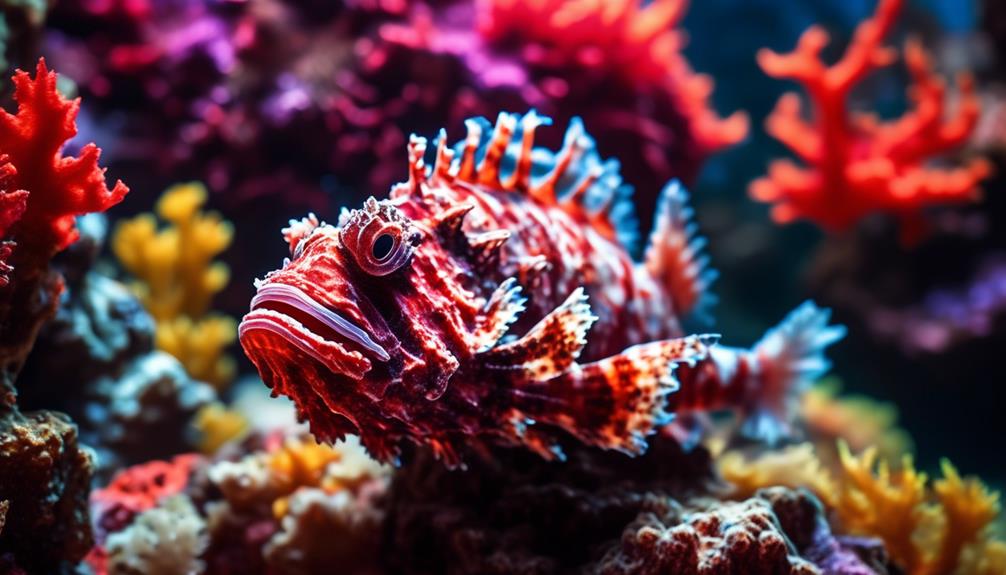
Are you prepared to embark on a journey into the mysterious realm of the scorpionfish? Brace yourself for an exploration of this alluring creature's secrets.
In this discussion, we will unravel the enigma surrounding the deadly beauty of the scorpionfish. From its mesmerizing appearance to its venomous nature, there is much to discover.
So, join us as we delve into the depths of this captivating creature, and prepare to be captivated by its allure.
Key Takeaways
- Scorpionfish have an aggressive temperament and require a large aquarium of at least 50 gallons.
- They can coexist with large angelfish, boxfish, rabbitfish, puffers, and tangs, but are best kept in small groups.
- Scorpionfish have poisonous and dangerous traits, making them unsuitable for novice aquarists.
- They are found in tropical and temperate reefs around the world and can adapt to different environments with ease.
Scorpionfish Characteristics
Scorpionfish, known for their aggressive temperament and medium size, are a popular choice for experienced aquarists due to their unique characteristics. These captivating fish are found in saltwater environments and require a large aquarium of at least 50 gallons. They can be found swimming in all regions of the tank, adding movement and intrigue to your underwater landscape.
When it comes to tank mates, scorpionfish can coexist with large angelfish, boxfish, rabbitfish, puffers, and tangs. However, their care requires weekly attention, making them more suitable for experienced aquarists. These poisonous and dangerous creatures should be handled with caution and aren't recommended for novice aquarists.
Scorpionfish originate from tropical and temperate reefs around the world, and they're carnivores, feasting on a diet of fish, shrimp, squid, and crustaceans. To stimulate their predatory instincts, wiggling food may be necessary. Although relatively peaceful, scorpionfish are best kept in small groups to maintain a harmonious tank environment.
Suitable Tank Mates
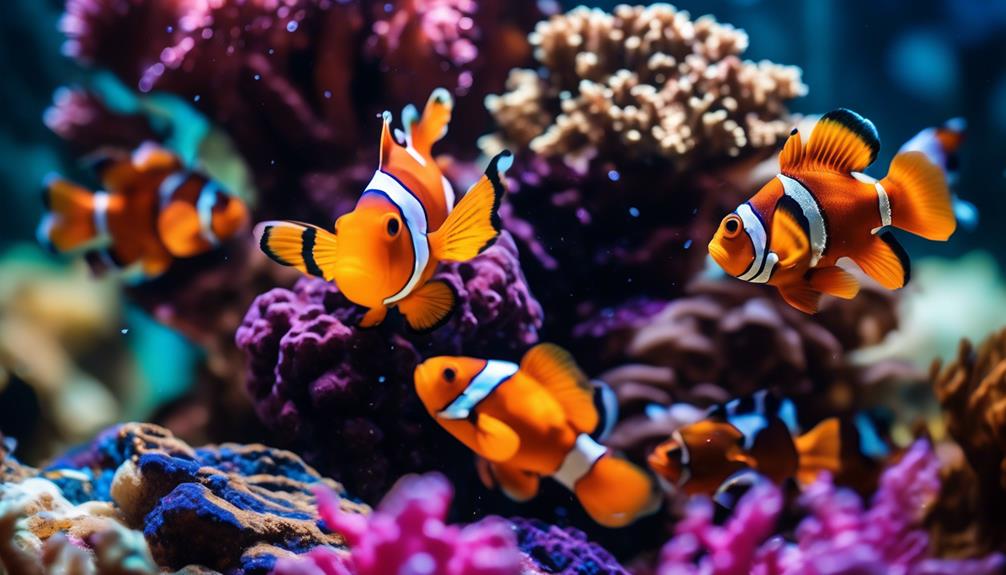
For a harmonious tank environment, it is important to choose suitable tank mates for scorpionfish. When considering companions for your scorpionfish, it is crucial to select species that can coexist peacefully in the same tank. Here are some suitable tank mates to consider:
| Suitable Tank Mates |
|---|
| Large Angelfish |
| Boxfish |
| Rabbitfish |
| Puffers |
| Tangs |
These species have been found to be compatible with scorpionfish and can create a visually stunning and diverse aquatic environment. However, it is essential to remember that scorpionfish are aggressive by nature, so it is crucial to monitor their behavior and ensure that they do not pose a threat to their tank mates. Additionally, it is advisable to provide ample hiding spots and space to minimize potential conflicts. By carefully selecting suitable tank mates, you can create a tank environment that promotes harmony and ensures the well-being of your scorpionfish.
Difficulty Of Care
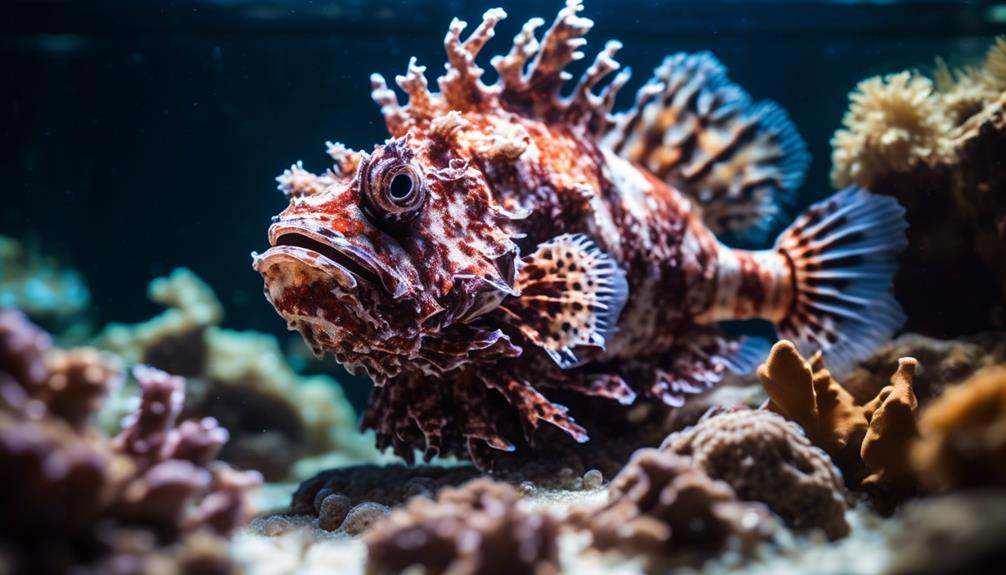
Caring for scorpionfish can be challenging due to their poisonous nature and aggressive temperament. These beautiful creatures require weekly care and are prized for both their beauty and behavior. However, their poisonous and dangerous traits make them unsuitable for novice aquarists. Only experienced aquarists should attempt to care for them.
Scorpionfish originate from tropical and temperate reefs around the world. They're carnivores, feeding on fish, shrimp, squid, and crustaceans. To stimulate their predatory instincts, it may be necessary to provide wiggling food.
Although relatively peaceful, scorpionfish are best kept in small groups. If you're up for the challenge, these captivating creatures will reward you with their unique and mesmerizing presence in your aquarium.
Origins
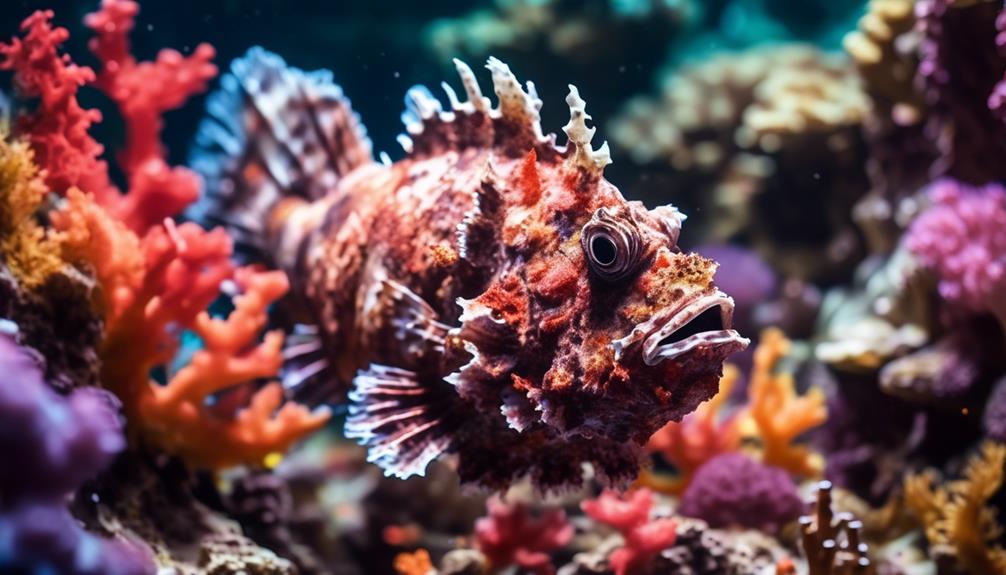
To truly appreciate the captivating presence of scorpionfish in your aquarium, it's important to understand their origins in tropical and temperate reefs around the world. These stunning creatures can be found in various regions, adding an exotic touch to any tank. With their vibrant colors and unique features, scorpionfish are a popular choice among experienced aquarists.
Their ability to blend seamlessly into their surroundings makes them fascinating to observe. Whether it's the Indo-Pacific, the Caribbean, or the Red Sea, scorpionfish can be found in diverse habitats, adapting to different environments with ease. Their presence in these reefs showcases their adaptability and survival skills.
Feeding
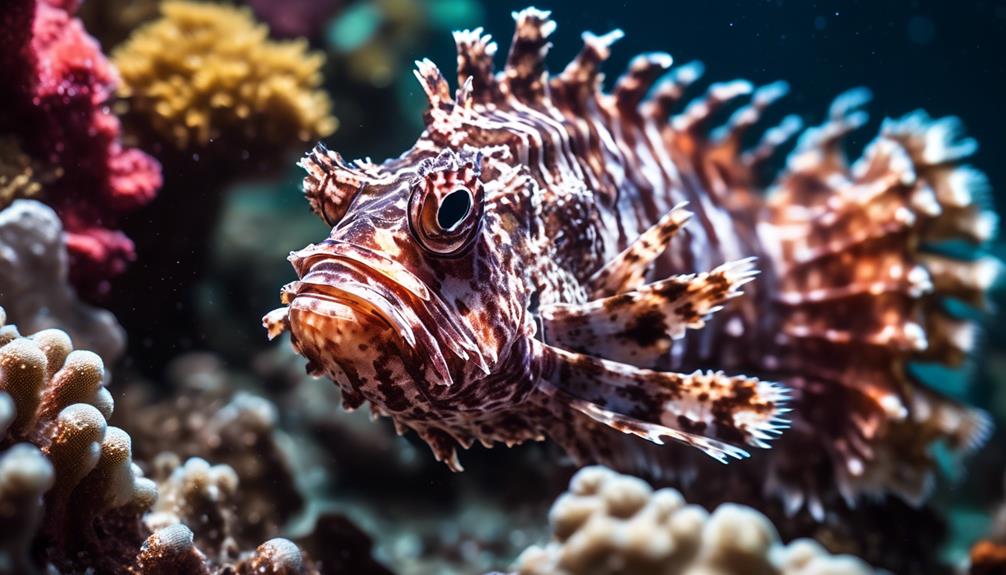
Scorpionfish are carnivores with a diverse diet consisting of fish, shrimp, squid, and crustaceans. To keep them healthy and satisfied in your aquarium, it's important to provide them with a suitable feeding routine.
These predatory fish may need to have their predatory instincts stimulated by wiggling food, such as live or frozen prey. Offering a variety of food options is essential to meet their nutritional needs.
It's recommended to feed them small meals multiple times a day, rather than one large meal. This helps mimic their natural feeding habits and prevents overeating.
Additionally, scorpionfish are relatively peaceful and can be kept in small groups, making feeding time a fascinating experience to observe their hunting skills.
Safety Precautions
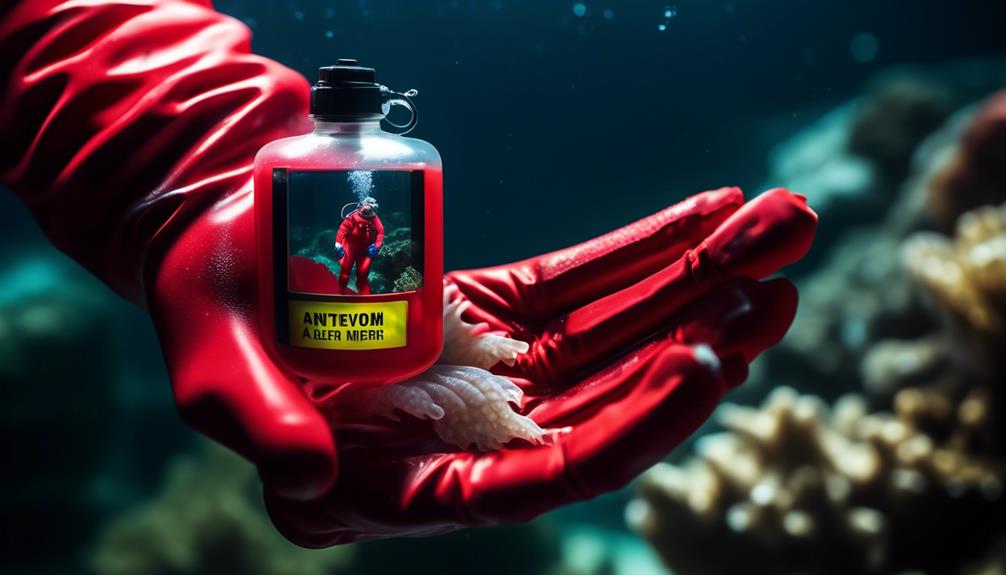
Now let's shift our focus to ensuring the safety of both the aquarist and the scorpionfish in the aquarium. Safety precautions are crucial when dealing with the poisonous scorpionfish. Here are some important measures to take:
| Precautions | Tips |
|---|---|
| Handling | – Always wear protective gloves when handling the scorpionfish.<br>- Avoid direct contact with the fish's spines to prevent injury.<br>- Use a net with small holes to minimize the chance of the fish getting stuck. |
| Tank Setup | – Provide ample hiding spaces, such as caves or rocks, to reduce stress and aggression.<br>- Keep the tank securely covered to prevent the fish from jumping out.<br>- Ensure the tank is properly secured to prevent accidental tipping. |
| First Aid | – Familiarize yourself with the symptoms of a scorpionfish sting.<br>- Have a first-aid kit ready, including vinegar to neutralize the venom.<br>- Seek medical help immediately if stung. |
Frequently Asked Questions
Are All Scorpionfish Species Aggressive?
Not all scorpionfish species are aggressive. While some can be aggressive, others are relatively peaceful. It's important to research and understand the specific species before adding them to your aquarium.
Can Scorpionfish Be Kept in a Small Aquarium?
Yes, scorpionfish can be kept in a small aquarium. However, it is important to note that they are poisonous and dangerous, so only experienced aquarists should consider keeping them.
What Are Some Common Diseases That Scorpionfish Are Prone To?
Some common diseases that scorpionfish are prone to include bacterial infections, parasitic infestations, and fungal diseases. It's important to maintain a clean and well-maintained aquarium to minimize the risk of these health issues.
Can Scorpionfish Live in Freshwater?
No, scorpionfish cannot live in freshwater. They are saltwater fish that thrive in tropical and temperate reefs. It's important to provide them with the right environment and care to keep them healthy.
How Long Do Scorpionfish Typically Live in Captivity?
Scorpionfish typically live for 5-10 years in captivity. They require weekly care and are best suited for experienced aquarists. However, be cautious of their poisonous nature as they can be dangerous.
Do Scorpionfish and Snakeheads Pose a Threat to Humans?
Scorpionfish and snakeheads are aquatic monsters you need to be wary of. With their venomous spines and voracious appetites, these predatory fish can pose a threat to humans. It’s important to exercise caution when encountering these creatures in their natural habitats to avoid potential harm.
Conclusion
In conclusion, the scorpionfish is a mesmerizing and deadly beauty that demands respect and caution. With their aggressive temperament and venomous spines, they're a force to be reckoned with.
These carnivores thrive in large saltwater aquariums and require a delicate feeding process to stimulate their predatory instincts. Only experienced enthusiasts can fully appreciate their prized beauty and intriguing behavior.
So, if you're ready for an exhilarating adventure, dive into the world of the scorpionfish and explore its deadly beauty unleashed.

